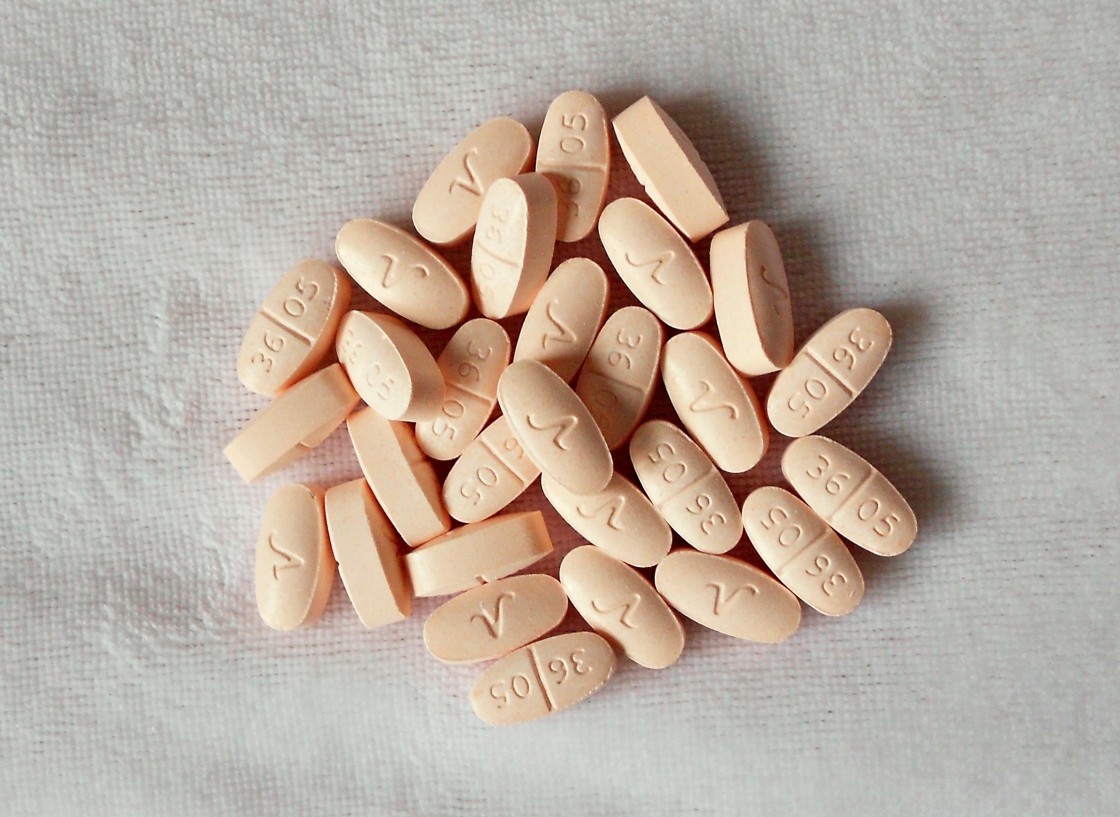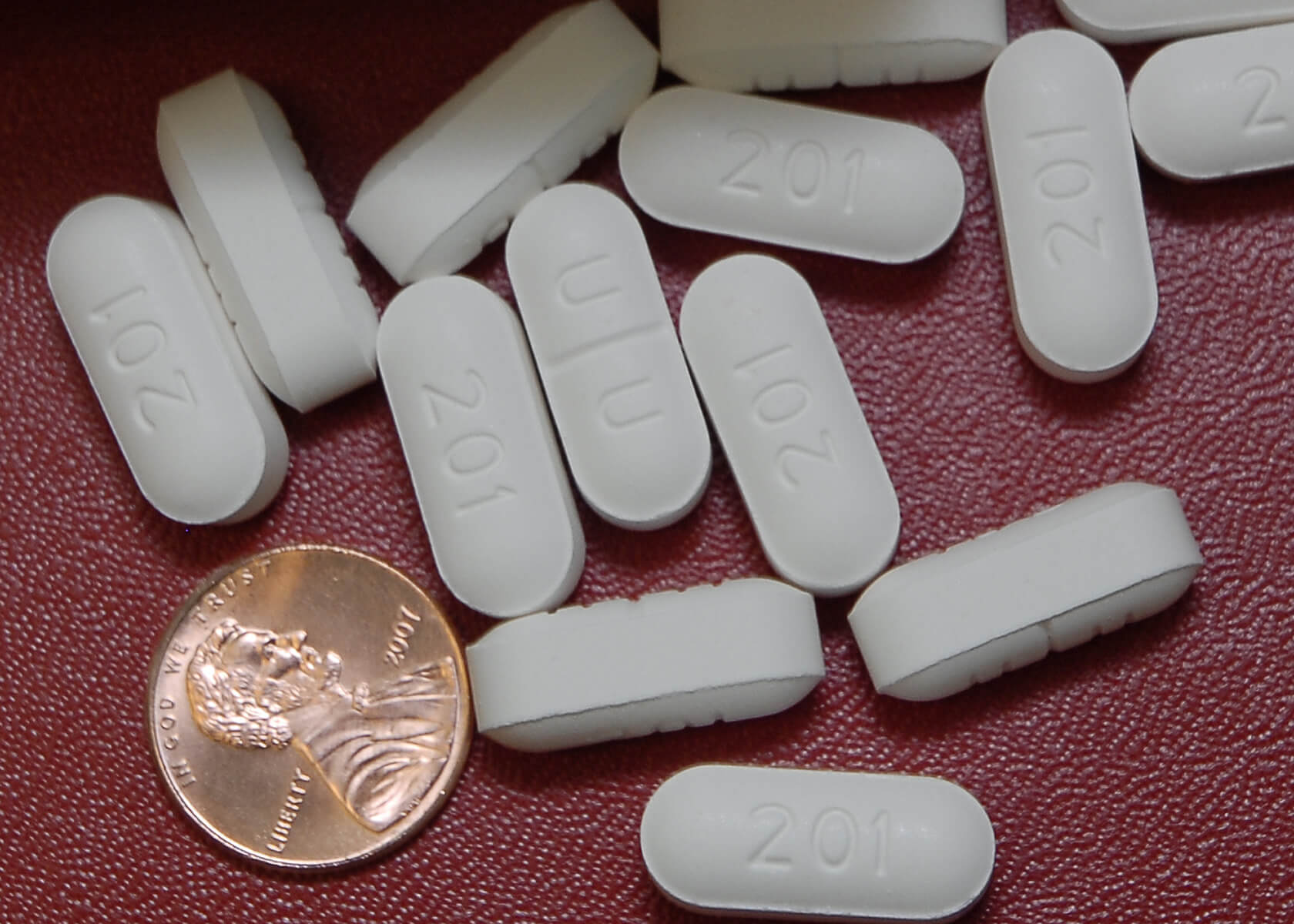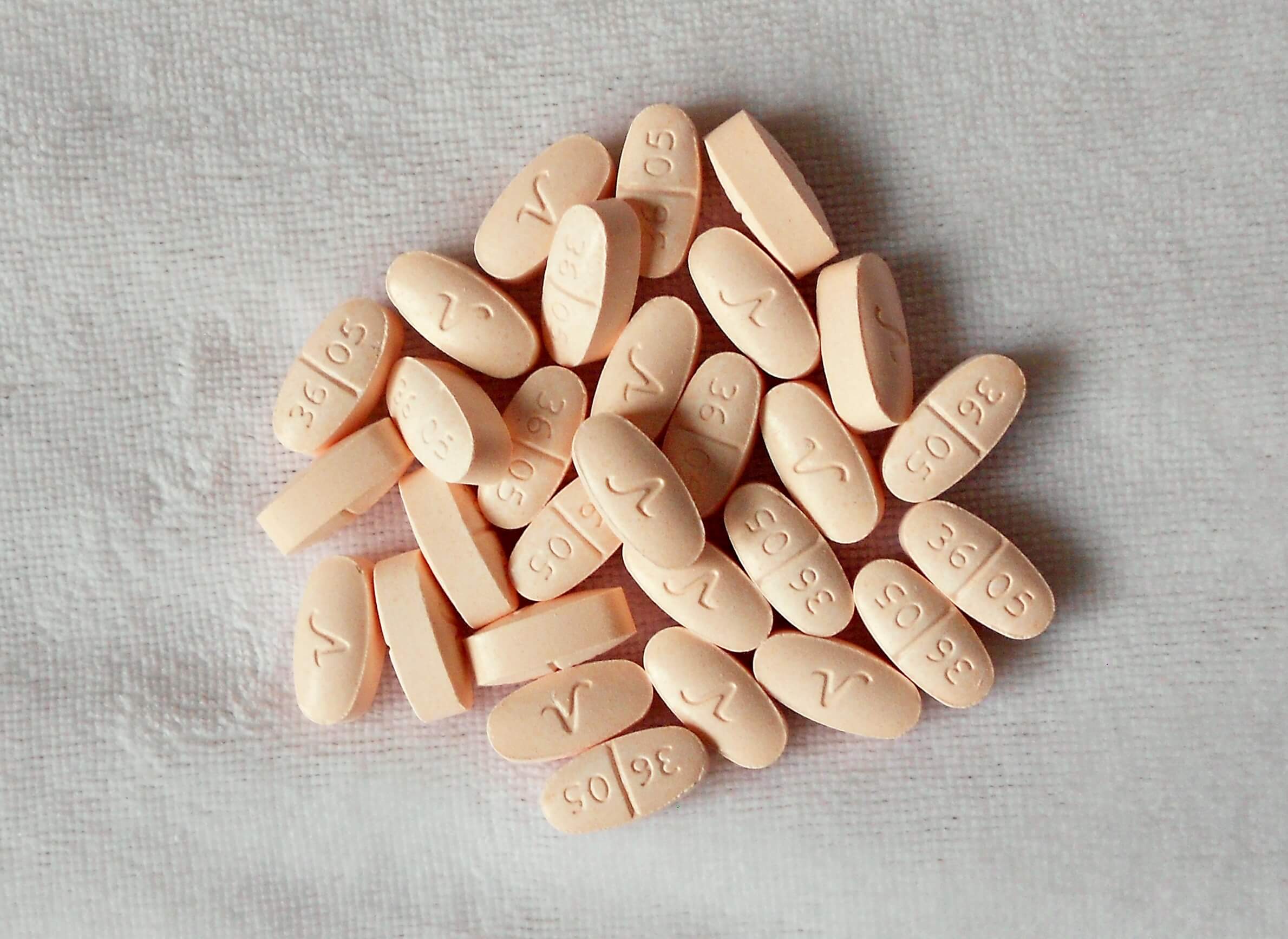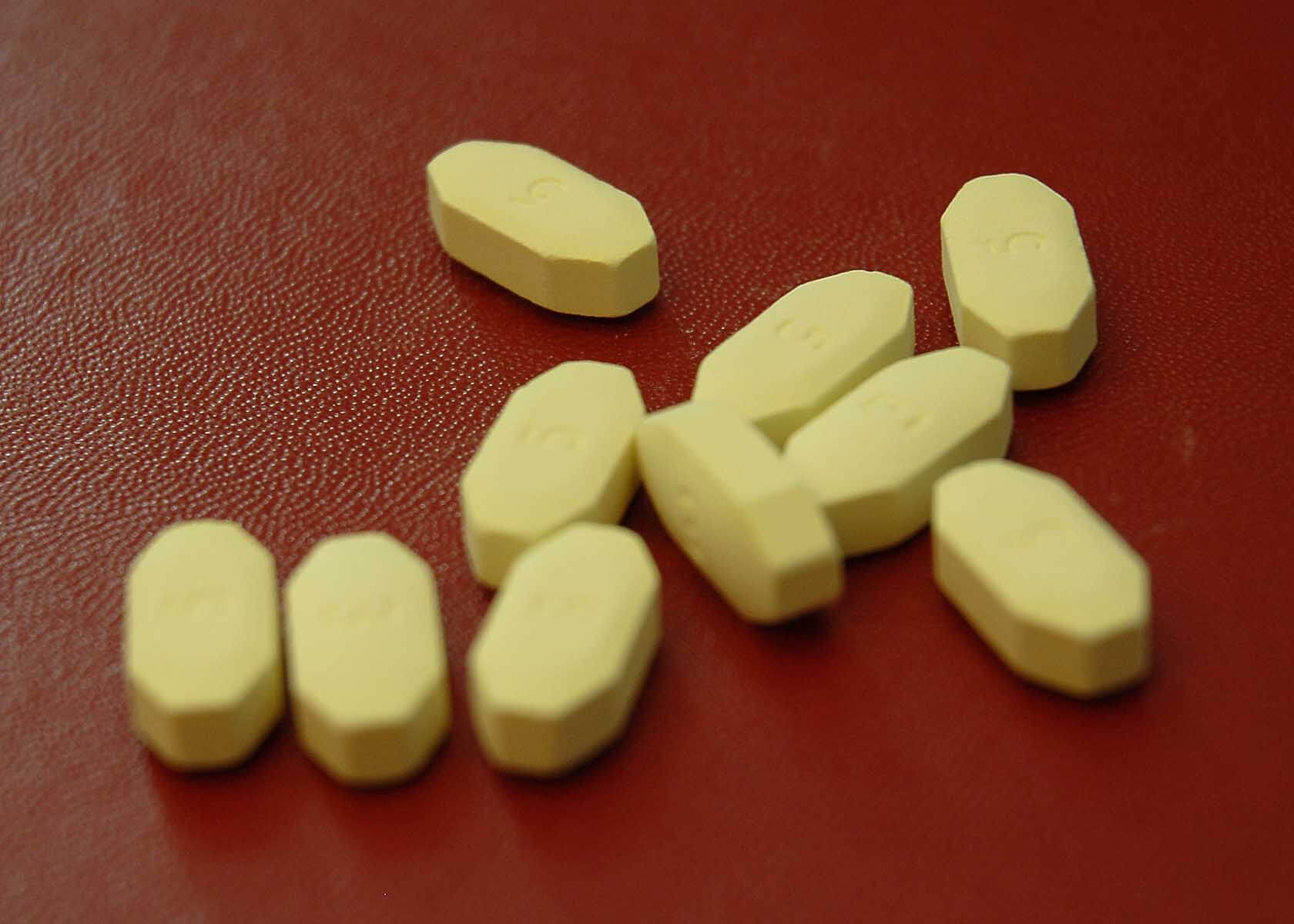- Over-the-Counter Drugs
- Prescription Drugs
Hydrocodone is classified as a Schedule II Drug by the DEA
- Schedule II drugs, substances, or chemicals are defined as drugs with a high potential for abuse, less abuse potential than Schedule I drugs.
- Schedule II drugs have the potential to cause severe psychological or physical dependence.
- These drugs are also considered dangerous.
What is hydrocodone?
Hydrocodone is the most frequently prescribed opioid in the U.S. and is associated with more drug abuse and diversion than any other legal or illicit opioid. Hydrocodone has a chemical structure related to codeine and morphine and is prescribed for the treatment of moderate to severe pain and to relieve cough. There are numerous hydrocodone products on the market. The most frequently prescribed combinations are hydrocodone and acetaminophen as Vicodin, Lorcet, and Lortab; as combination products with aspirin as Lortab ASA; with ibuprofen as Vicoprofen; and with antihistamines as Hycomine.
Common names include Hydro, Norco and Vike.
How is hydrocodone abused?
Hydrocodone is usually abused orally by mixing it with other prescription medications, alcohol, or illicit drugs. In most cases, abusers look for the tablet form of the drug to take orally, or they may crush the tablets and sniff them.
How does hydrocodone affect a person?
Similar to oxycodone, hydrocodone produces varying degrees of euphoria based upon dosage and the tolerance of the user. Euphoria is the primary reason people use opioids non-medicinally. Hydrocodone produces a strong sense of well-being and relaxation and alters the perception of painful stimuli. Effects usually start within an hour and last between four to six hours.
Nausea and vomiting are common for first time hydrocodone users. Dizziness, lightheadedness and drowsiness occur in most people.
Drugs that cause effects similar to hydrocodone include morphine, heroin, oxycodone, codeine, propoxyphene, fentanyl and hydromorphone.
What are the health effects/risks of using hydrocodone?
A large single dose of hydrocodone can cause severe respiratory depression or death. Hydrocodone can also interact with other medications and should not be used with other substances – especially alcohol, antihistamines, barbiturates or benzodiazepines.
Long-term abuse of hydrocodone can lead to physical dependence and addiction. Users who become dependent on or addicted to the drug may experience withdrawal symptoms if they stop using the drug abruptly. Withdrawal symptoms include sweating, excessive yawning, muscle aches, loss of appetite, irritability and insomnia. Diarrhea and flu-like symptoms are not uncommon.







